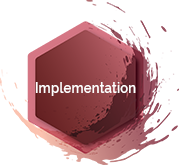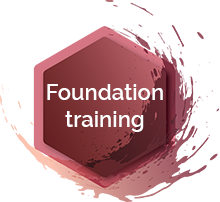Allied Health Translating Research into Practice
Translating Research Into Practice (TRIP) symbolises the progression of science and research from the scientist’s desk into meaningful clinician practice change. Allied Health TRIP (AH-TRIP) can help research translation become ‘business as usual’ for every clinician.
The AH-TRIP initiative is a training package designed to prepare clinicians to plan and undertake a translational research project in their practice. Queensland Health-based researchers and clinicians, together with collaborators from AusHSI and University partners, have volunteered their time to help produce education and real-world case studies for this online professional development suite.
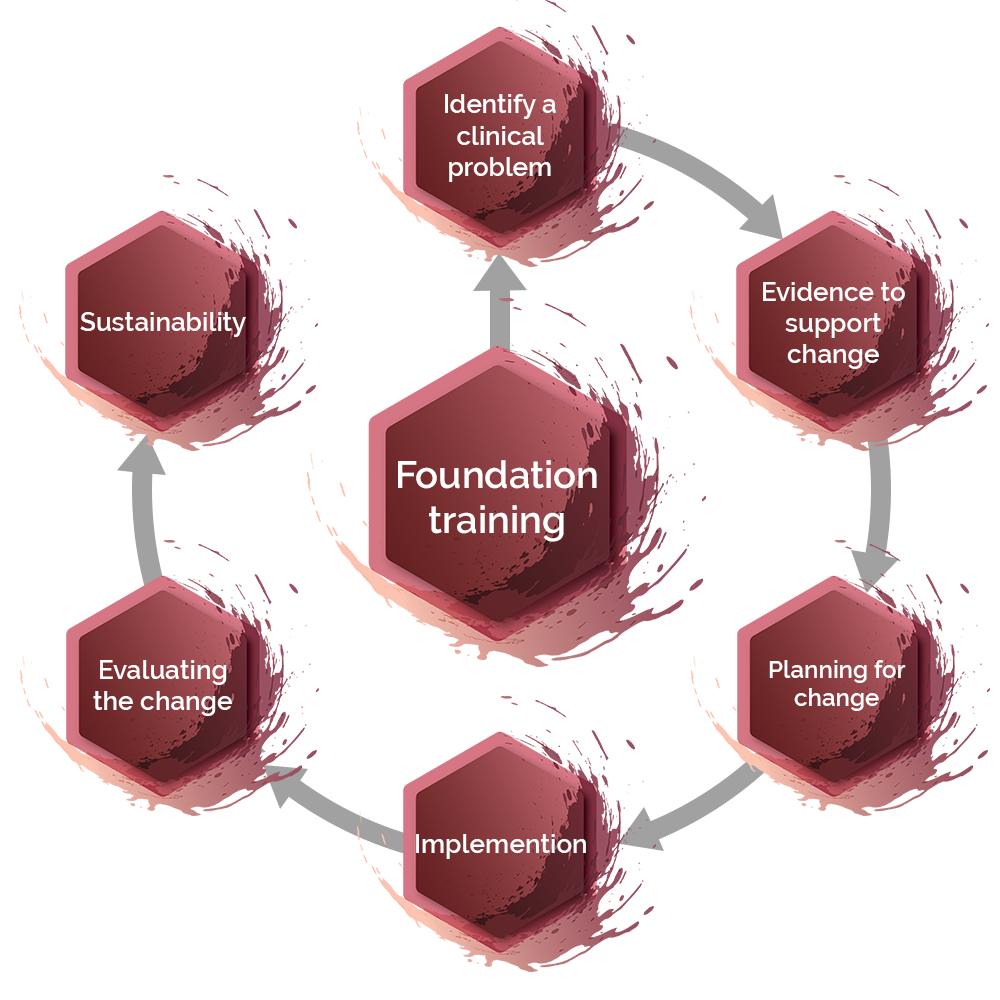
AH-TRIP Training
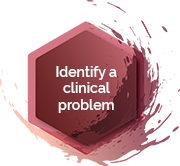
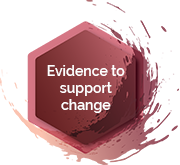
Evidence to support change
Understanding the levels of evidence and how to appraise the strength and quality of evidence in a timely way is crucial. These resources may assist with structuring your search and evaluating the quality of the available evidence. Always speak to your librarian or an experienced research colleague if you need more help with this step!
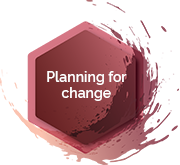
Planning for change
Designing an evidenced based solution and planning for implementation is an important stage of planning – using a logic model or theory, model or framework to understand the implementation context including barriers and enablers, strategies for change and who needs to do what differently for success is covered in this phase.
